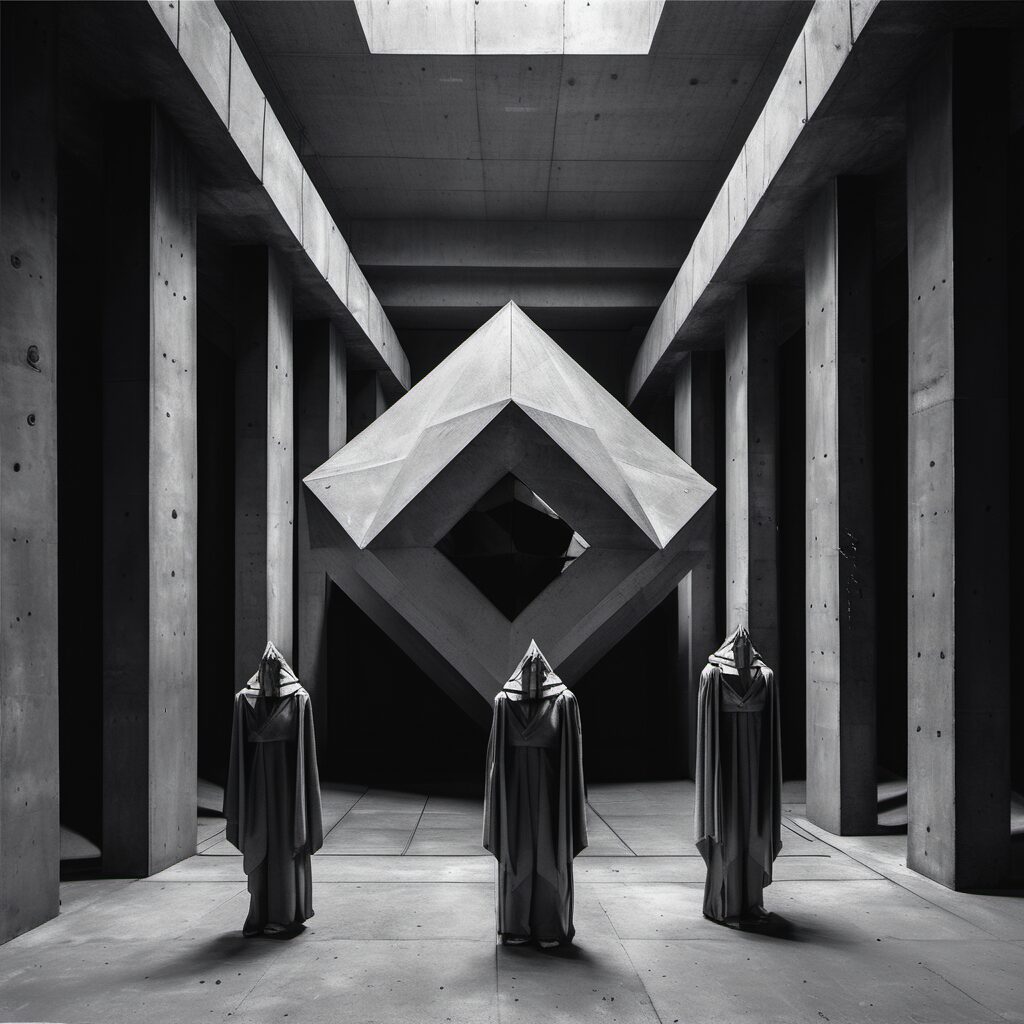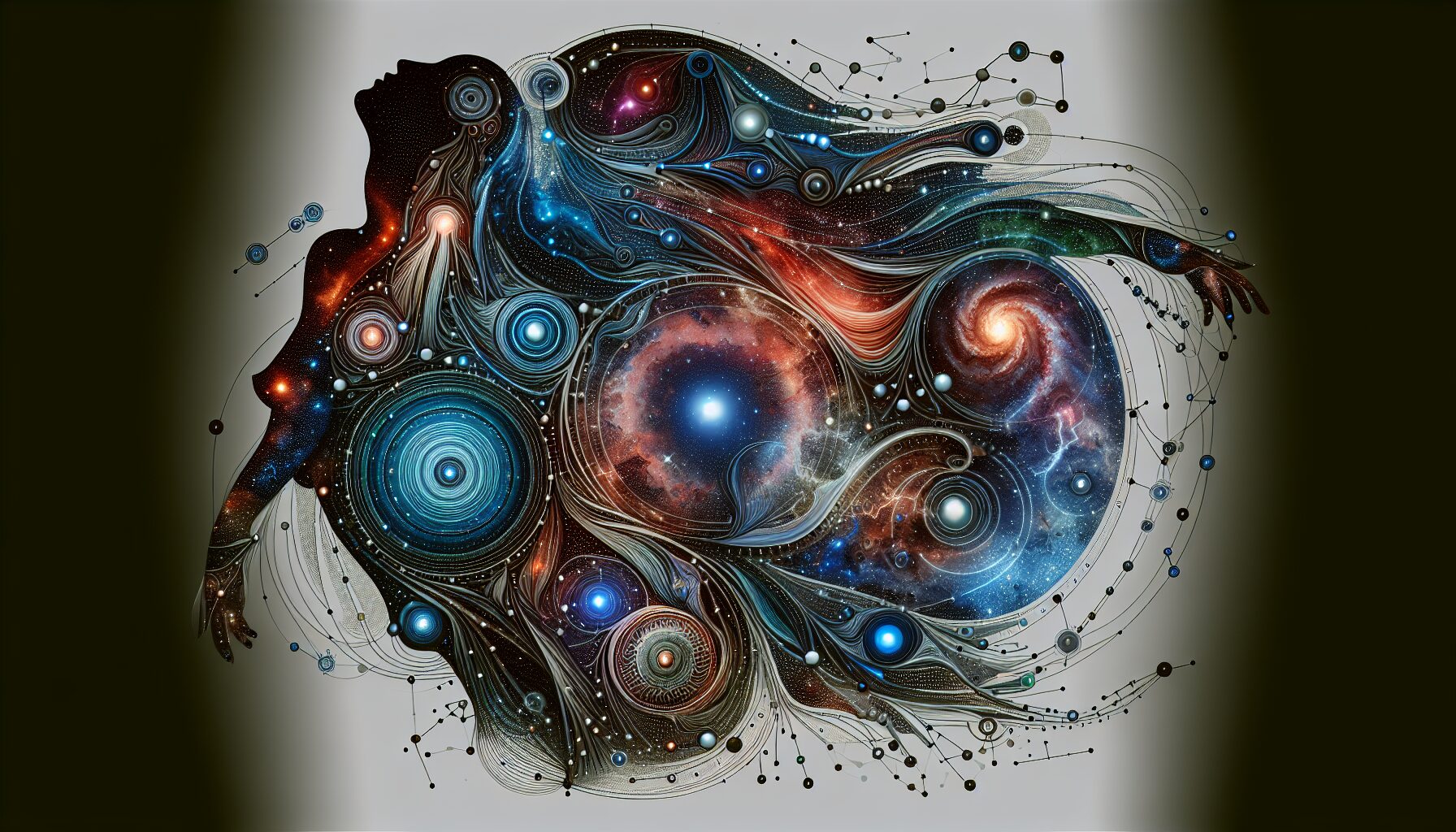Aura Origami – Folding Your Energy into Beautiful Shapes.
Are you feeling tired, stressed or just need a boost of energy? Aura Origami is a simple way to help you create more energy, focus, calm and clarity in your daily life. Using your breath, you can fold your energy, which can be a little bit more than the physical energy of your body, into beautiful shapes in order to help you become more creative and focused. This practice can be done anywhere in any amount of time.
To practice Aura Origami, sit on a mat or in a chair with your back straight. You will need to take a few deep breaths to help you focus. Close your eyes and breathe in through your nose. Hold your breath for five seconds and then exhale through your mouth. Keep your focus and concentration on your breath as you bring your arms up to form a triangle. Take your index finger and fold the thumb back, forming a triangle. Bring the top of the triangle down to the top of your head, holding your breath for another five seconds. Hold the position for five more seconds, and then let it drop and allow your arms to come down slowly. Keep your focus on your breath throughout the entire movement. This will allow your body to take in more air and more energy, helping you to become more focused and centered.
Aura Origami is also a great way to help you become more focused and centered. If you want to learn more about your energy and how to use it in your daily life, there are many resources available to help you. It’s also a great way to help you relax, and it’s easy to do anywhere.
User









